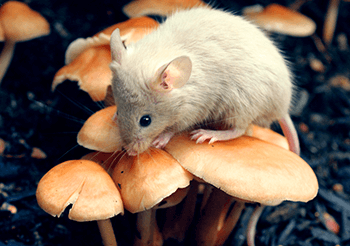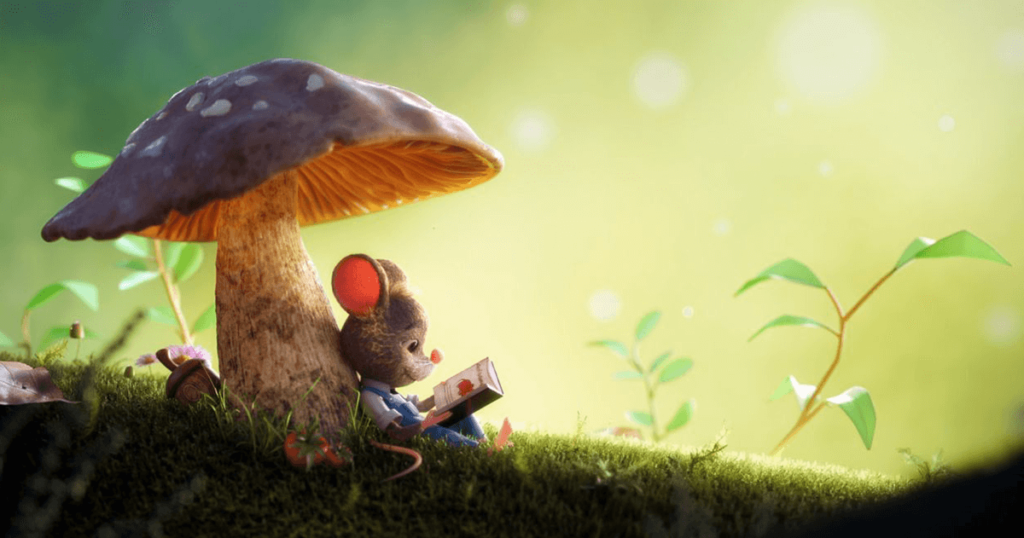With deep roots in the formative days of medical cannabis markets, at Beard Bros Pharms we have heard countless anecdotal accounts about both cannabis and/or psilocybin being the catalyst in what could at the time only be described as “miraculous” medical recoveries.
We have seen it firsthand, but it is still hard to convince friends or family members that one psilocin-fueled mushroom trip might be better for them than a daily pile of pills.
With the regulation of these plant and fungal medicines comes a lot of headaches, bureaucracy, and BS, for sure. However, it also opens doors – previously sealed by prohibition – for lab-grade research which time and time again has scientifically corroborated so many of those so-called “miracles” that we have heard about over the years.
We recently came across such a study that was released on July 5th of this year in Neuron, a bi-weekly peer-reviewed scientific journal published by Cell Press, regarding the efficacy of using psilocybin and its active compound psilocin to treat depression.
Studies like these have been flooding peer-reviewed journals ever since psilocybin – and more specifically its active compound psilocin – were granted Breakthrough Therapy designation back in 2019, but this one stood out and got our attention.
This particular study was led by researchers at Yale University who administered pre-determined doses of psilocybin to mice in order to measure what effect, if any, the substance had on the pre-frontal cortex of the subjects’ brains.
What they found was that mice who were given the psilocybin experienced an average of 10% growth of new neural connections and not only that, but those connections were on average about 10% larger, or stronger.
They were able to determine this by measuring microscopic brain connections called dendrites. These ever-morphing connections grow and shrink based on neurobiological changes and in depressed people (and mice) the ‘dendritic density’ is significantly reduced in the pre-frontal cortex of the brain.
So, the research team was tasked with trying to determine if the introduction of psilocybin would affect the size, strength, and number of dendrites present. Would psilocybin “rebuild’ the brain?
It turns out that yes, it does.
HOW PSILOCYBIN/PSILOCIN REBUILDS THE BRAIN
 By scanning the subjects’ brains 24 hours after the administration of the psilocybin, change was evident. Dendritic density was increasing. Not only that, but those changes continued throughout scans performed not just a week later, but up to 34 days later, eventually tapering off.
By scanning the subjects’ brains 24 hours after the administration of the psilocybin, change was evident. Dendritic density was increasing. Not only that, but those changes continued throughout scans performed not just a week later, but up to 34 days later, eventually tapering off.
One dose keeps healing.
Even the seasoned psychonaut Terrence McKenna famously said, “If I can get it in a couple or three times a year, I feel like I’m hitting it pretty hard and the more successful it is, the less often you have to do it.”
As fascinating as that is to have our own personal experiences with psilocybin verified by Yale researchers, what those researchers discovered next was what really stopped us in our tracks.
The team next introduced ketanserin to the mice, a compound which blocks signaling through serotonin 5-HT2A receptors.
These receptors are believed to be responsible for the psychedelic trips experienced when consuming psilocybin.
Of course, the mice couldn’t tell the nerds in the labcoats if they were still tripping balls, but the team did notice that after consuming psilocybin the mice would twitch their heads in a certain way. After the addition of the ketanserin, however, the twitch went away.
NON-PSYCHEDELIC PSILOCIN?
The introduction of ketanserin did not have any effect on the rebuilding of dendrites.
This, the team believes, is evidence that the psychedelic effect of psilocybin/psilocin can be separated from the potential therapeutic effects allowing patients to eventually get the healing without the high.
As long as they keep decriminalizing our right to possess and gift and grow our own psilocybin mushrooms, we are all for letting labs make a more mainstream version that could potentially help millions of people achieve better mental health and a better quality of life.
For those of you who, like us, have been using a sub-perceptual microdose regimen of psilocybin to spark creativity, or lift the fog of depression, or just enjoy a better overall sense of wellness that you cannot quite put your finger on… this study validates all of that and serves as another stepstone on our collective path to further understanding this gift from nature.
If you thought the cannabis revolution was exciting, we truly feel you ain’t seen nothing yet!
The healing potential of psilocybin / psilocin is limitless, as far as we know. Much like with cannabis, however, we must remain vigilant in demanding our own right to grow, possess, gift, and consume plant and fungal medicines in their natural form, with their natural effects. We must also resist the inevitable corporatization of the eventual psychedelic marketplace. If you thought Weed Chads were bad…
At Beard Bros Pharms we believe wholeheartedly in the power of plant and fungal medicines, and we plan to continue to use our platform to advocate for their acceptance and full legality.
If you are as fascinated as we are, you can read more of our coverage on the subject HERE

















